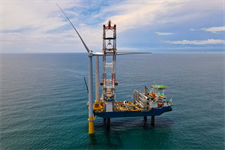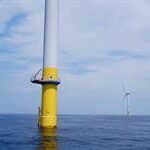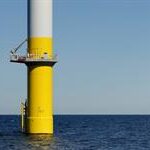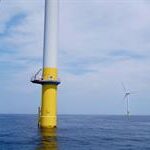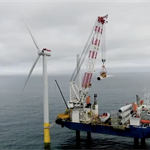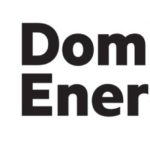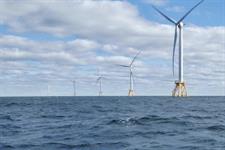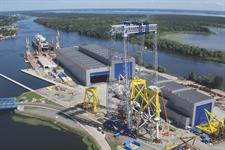Virginia concerned about cost of Dominion’s 2.6GW offshore wind farm
Energy Disrupter
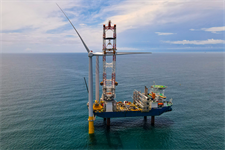
The costs of Dominion Energy’s $9bn 2.64GW offshore wind farm are again being questioned by Virginia officials.
The project price-tag – under certain scenarios – would exceed 1.4 times the comparable cost of a conventional simple cycle combustion turbine generating facility, according to testimony filed by the Virginia State Corporation Commission (SCC).
This means the cost could balloon to $12.4 billion, and the project would lose the presumption of “reasonableness and prudence” it needs to proceed under Virginia law, testified Katya Kuleshova, strategic planning specialist with the SCC.
The giant wind farm – the 2640MW Coastal Virginia Offshore Wind (CVOW) Coastal Virginia Offshore Wind (CVOW) (2640MW) Offshoreoff Virginia Beach, Virginia, USA, North America Click to see full details project – has to be approved by the SCC, confirmed spokesman Jeremy Slayton of Dominion. Dominion is a regulated utility. Hearings will be held in May.
The US Bureau of Ocean Energy Management oversees environmental and siting permitting.
The project is development off Virginia Beach, Virginia. It is slated to come online in 2026. A three-turbine demonstration project – the 12MW Coastal Virginia Offshore Wind (CVOW) – Pilot Coastal Virginia Offshore Wind (CVOW) – Pilot (12MW) Offshoreoff Virginia Beach, Virginia, USA, North America Click to see full details project – was commissioned in 2020.
In the testimony filed on Friday, the SCC staff recommended that the commission might impose a performance guarantee tied to the CVOW’s actual capacity factor to mitigate risk to ratepayers. The staff recommends that the capacity factor be set at 38% for the performance guarantee.
The staff questioned certain assumptions used by Dominion in assessing the net present value of the project, such as the $3.2 billion social cost of carbon benefit.
Dominion responded to the testimony: “Offshore wind’s zero fuel cost and transformational economic development and jobs benefits are needed now more than ever. We are pleased all parties to the case have focused on ways to have the best possible project and none have opposed it.”
In late March, the state Attorney General’s Office had testified to state regulators in a filing that the project posed “significant risks” to state ratepayers because of its cost.
“Given the pushback that Dominion has received regarding the cost of the project, it will be interesting to see how this plays out, especially as the first large-scale utility-owned offshore wind farm,” said Chelsea Jean-Michel, wind analyst at BloombergNEF.

